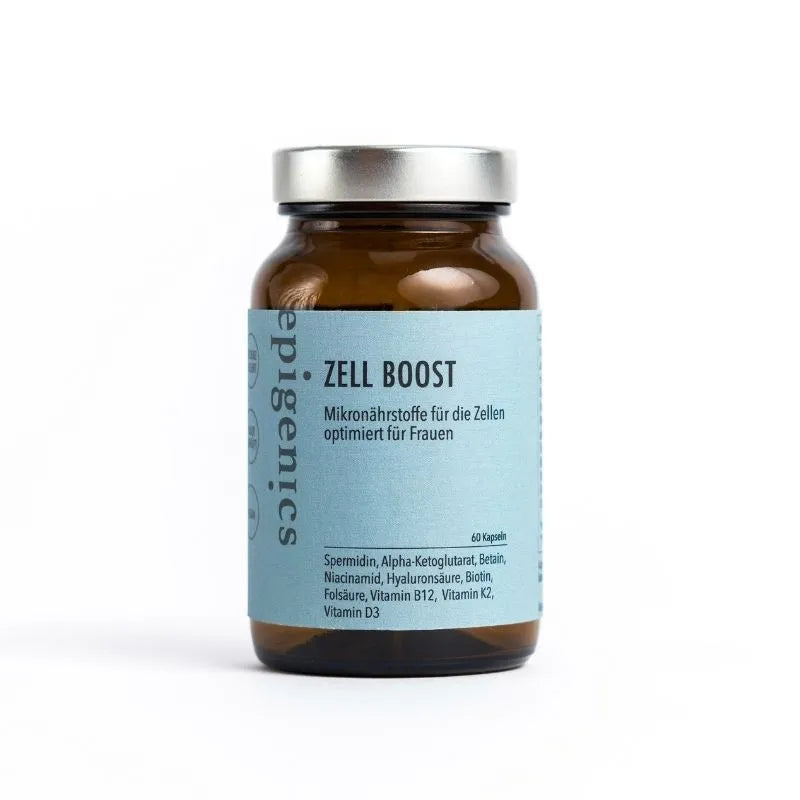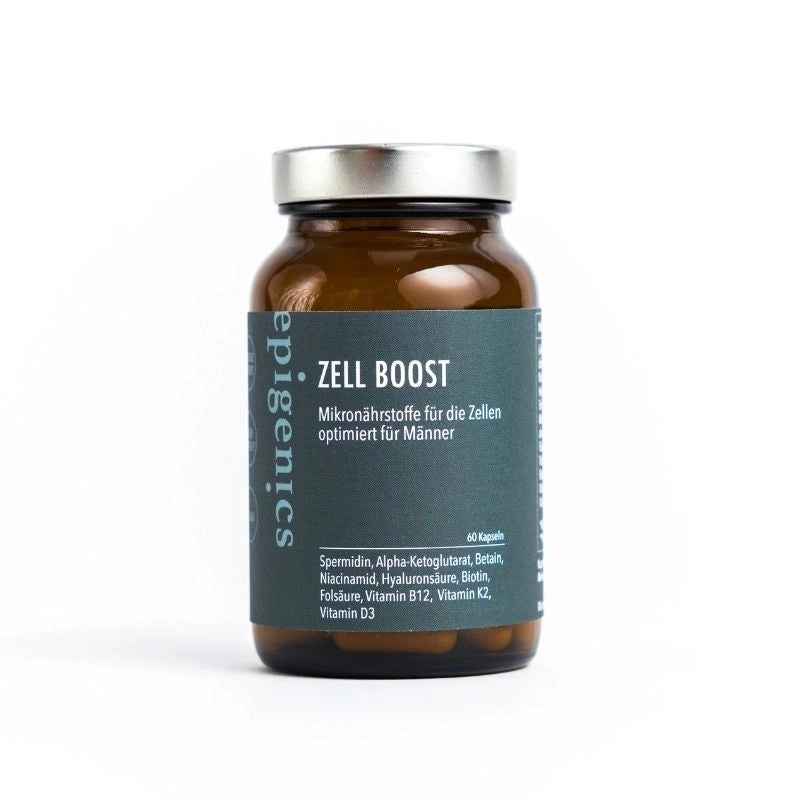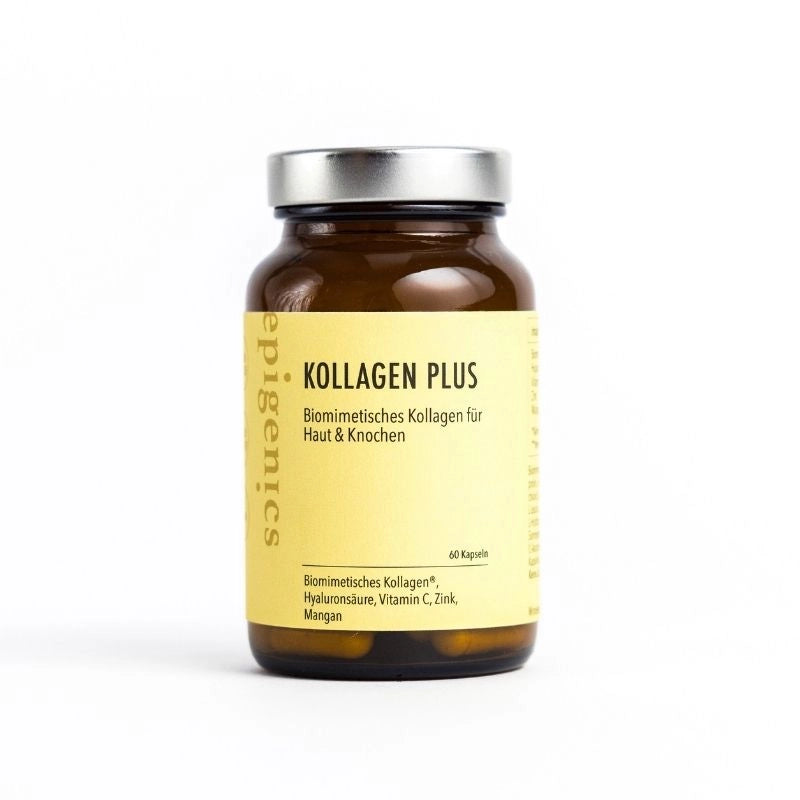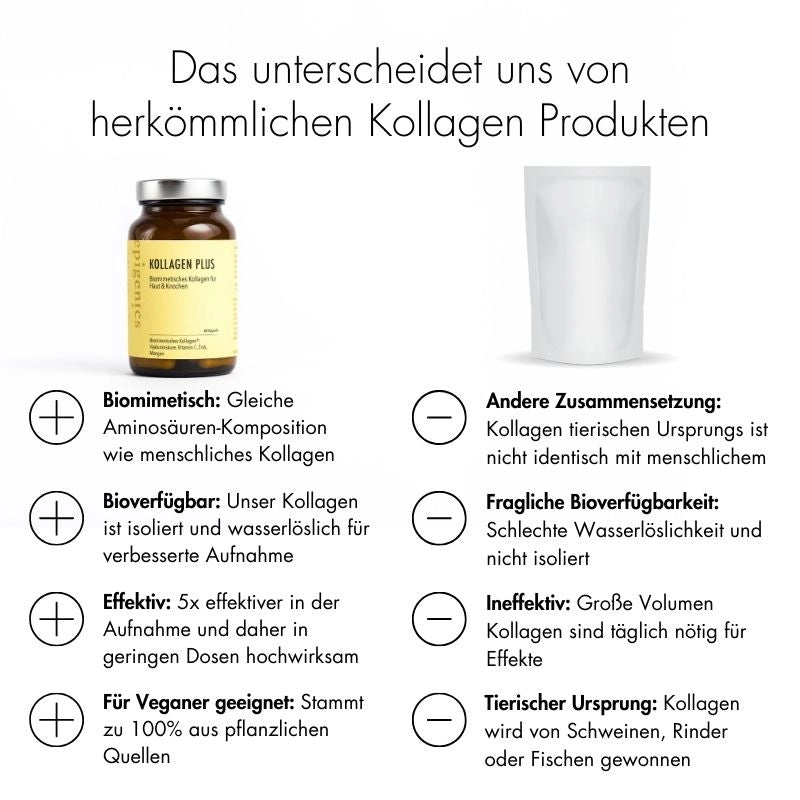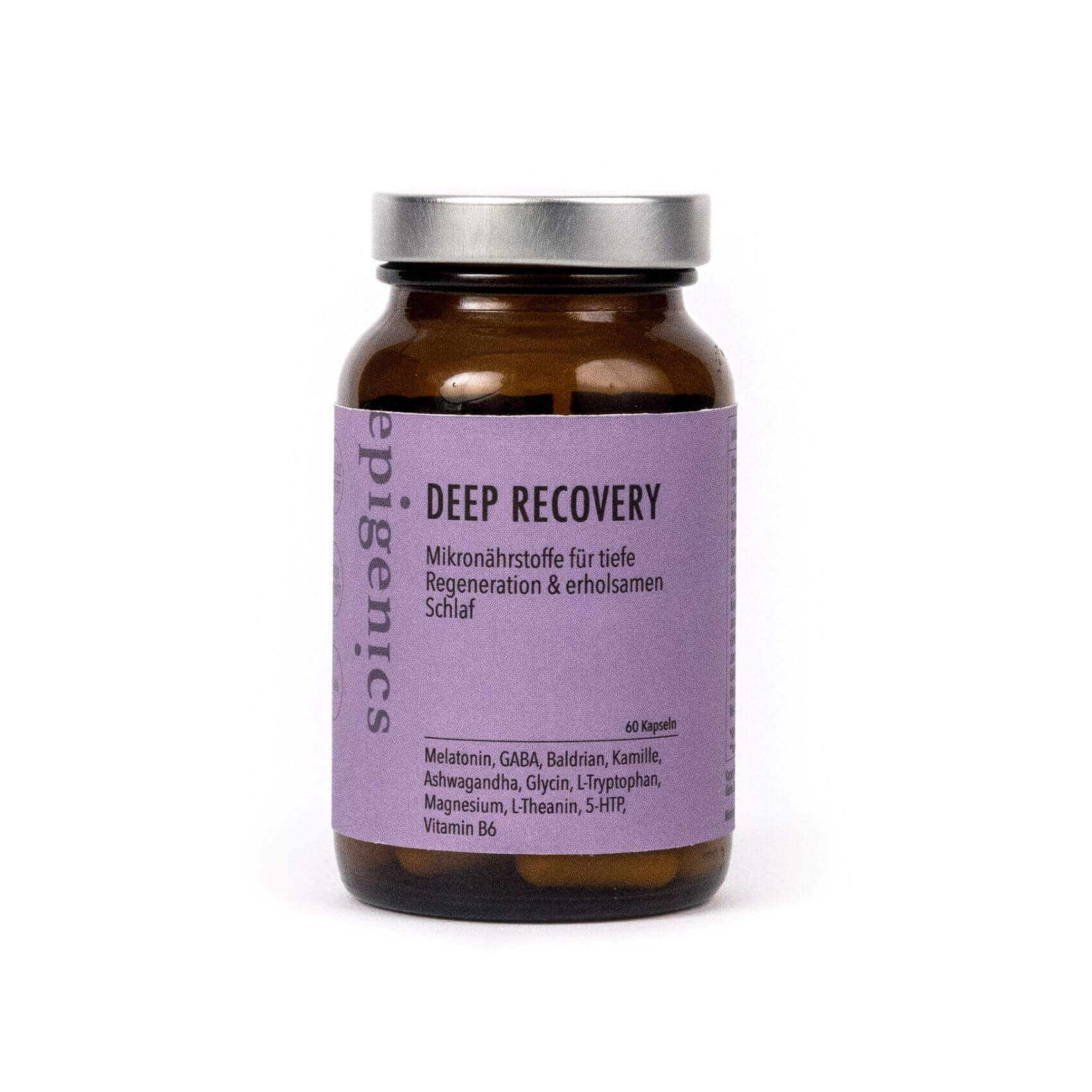Antioxidants
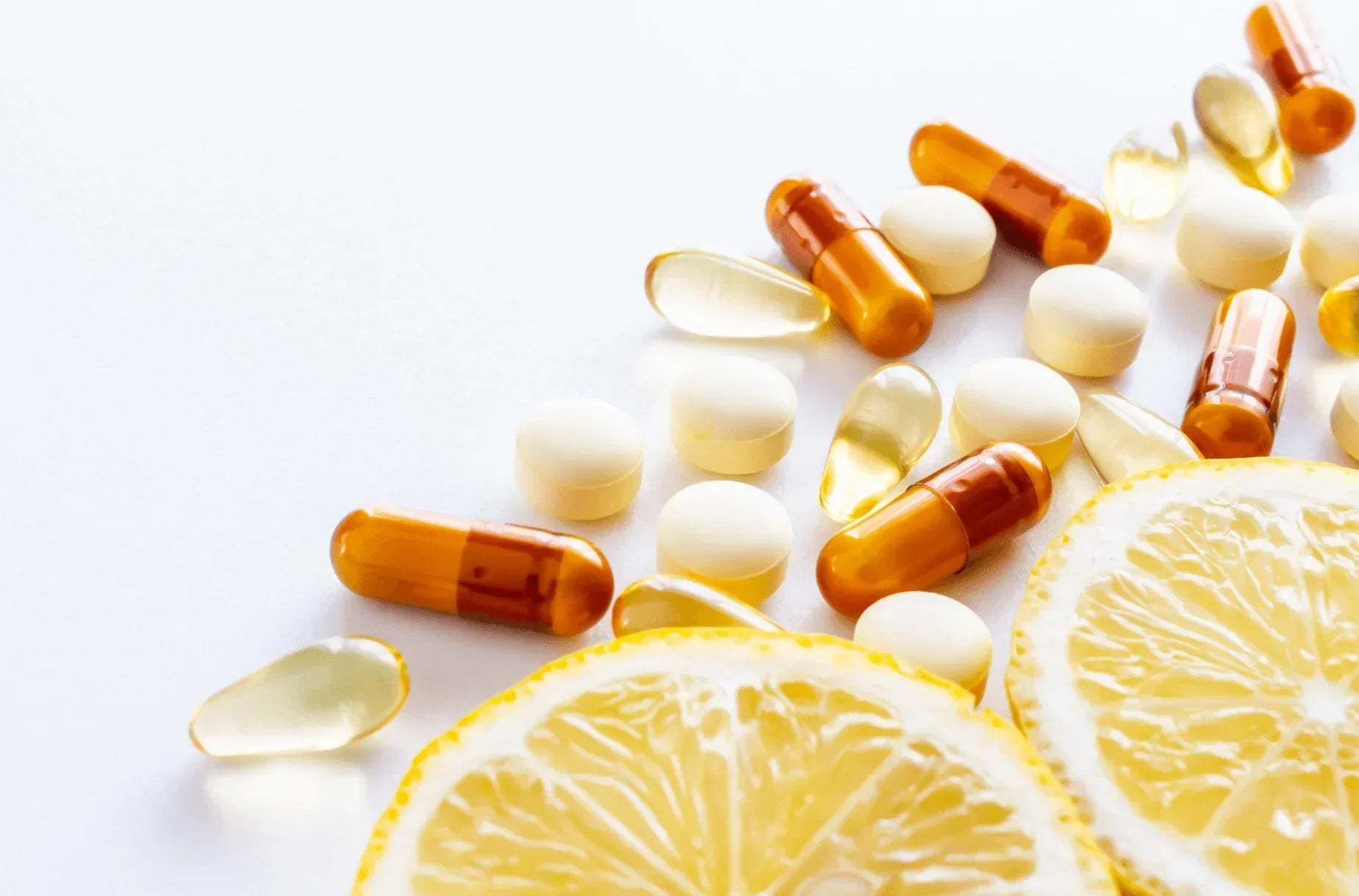
Antioxidants myth: Why antioxidants do NOT make us age slower
"Antioxidants make us age more slowly". This is a common myth based on outdated knowledge. Recent research suggests that antioxidants may actually increase mortality. We get to the bottom of this ...
What are antioxidants?
The topic Aging and longevity often leads to the discussion about Antioxidants. These include various substances such as vitamin A, vitamin E, coenzyme Q10 and beta-carotene. Their main role is to neutralize free radicals, by-products of our metabolism that can damage our DNA, proteins and cell membranes.
The myth of antioxidants and prolonged life
For decades, it has been believed that an accumulation of cellular damage from free radicals accelerates our aging process. This has led to the conclusion thatantioxidants, which scavenge free radicals, could extend our life expectancy . However as early as 2007 that antioxidants do not slow down the aging process as hoped. However, due to several successful marketing campaigns of so-called "anti-aging" products, this belief persisted.
What does research say about antioxidants?
Both animal and human studies paint a disappointing picture when it comes to the role of antioxidants in longevity. For example, a number of studies have shown that antioxidants do not support longevity. One study even found that antioxidant supplementation increases mortality.
The scientific consensus is clear: antioxidants cannot extend lifespan. But even if some antioxidants do have a positive effect on lifespan, it is not because of their antioxidant effects, but because of other mechanisms such as their anti-inflammatory, epigenetic or mitochondrial activity. This is because there is now increasing evidence that free radicals, the substances that antioxidants are supposed to neutralize, can themselves have a life-prolonging effect.
What do free radicals have to do with longevity?
It currently appears that free radicals may act as benign warning signs up to a point, setting in motion the cell's defense mechanisms, such as detoxification enzymes and repair proteins, and protecting our cells from age-related damage. This process is also known as hormesis.
Incidentally, this is also one of the reasons why sports or even ice baths are so beneficial for our health and longevity. During such activities, positive "stress" is added to the body. More free radicals are produced as a result because the cells have to work much harder. These exercise-induced free radicals activate all sorts of repair and defense mechanisms in our cells so that the cells can better protect themselves before the next workout. Meanwhile, these ramped-up defense and repair mechanisms also protect our cells from aging and age-related diseases. In keeping with the motto, "What doesn't kill us makes us stronger."
Consequences of these findings
These findings raise the question of whether antioxidants should be avoided. There is no reason to avoid antioxidants in foods like blueberries, spinach or carrots. They are important components of a healthy diet. However, you might reconsider supplementing with antioxidants. In many cases, they don't provide benefits and could even be harmful. Instead, you might consider a supplement based on the latest research on longevity. Instead, try a Dietary Supplement, which is based on the latest research on aging.
